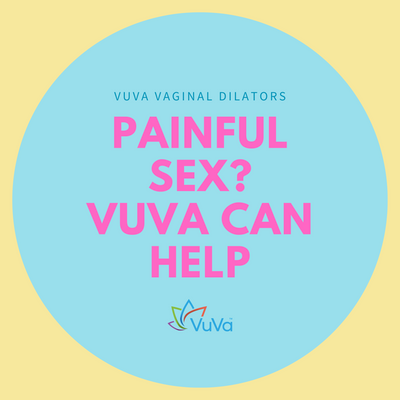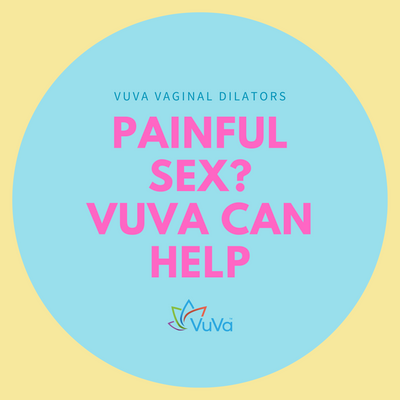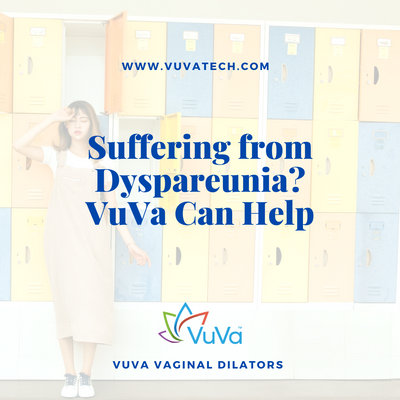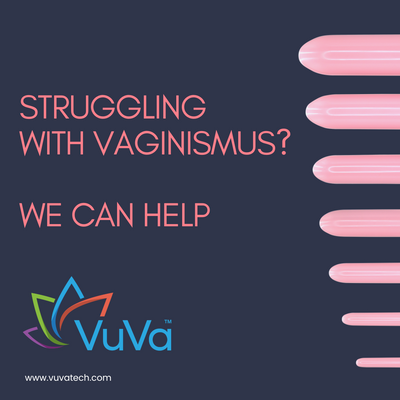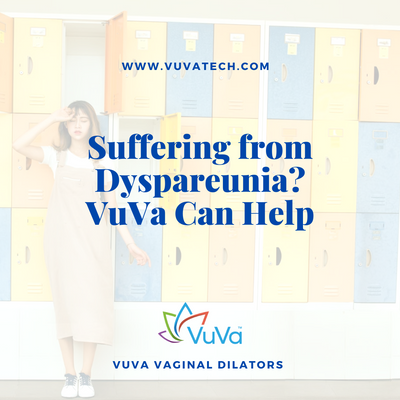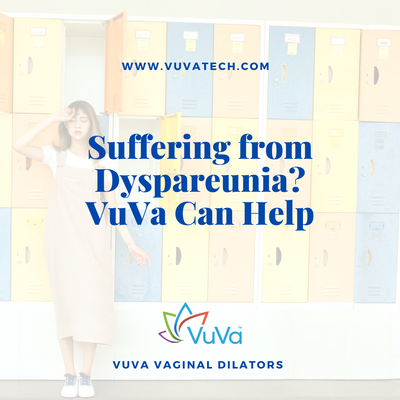
| Caroline Knight
Is Vulvodynia Genetic? Find Out Whether You Have a Predisposition…
Vulvodynia is the name for intense discomfort or burning pain in the vulvar area. Because the exact cause of vulvodynia is not officially confirmed, many women are left asking questions about its origin. We have often been asked, Is vulvodynia genetic? but there is no simple answer to this. Nevertheless, studies have been conducted in order to confirm this suspicion (or otherwise) and the findings are interesting.
Vulvodynia could have multiple causes, and several subsets. These include cyclic vulvovaginitis, vulvar vestibulitis syndrome, essential (dysesthetic) vulvodynia and vulvar dermatoses. Vulvodynia is thought to affect around 5 to 15% of women. However, the instances may be a lot higher than is actually reported, since many women do not have the confidence to get the problem checked out by a Doctor. On top of this, vulvodynia is notoriously difficult to diagnose, so there may well be many cases that go undetected.
Is vulvodynia genetic?
Firstly, the aetiology of vulvodynia (i.e. the cause, set of causes, or manner of causation of the condition) is considered to have many factors. If there are any predisposing factors that influence how susceptible you are to vulvodynia, they are not conclusively identified.
Theories indicate the potential of it being a neuropathic problem, but this does not answer the question of whether vulvodynia is genetic. Some women may also be predisposed to a stronger inflammatory response. One study noted on NCBI (Witkin) of 162 women with vestibulodynia syndrome (pain around the entrance of the vagina) did find that there was a link between VS and the following conditions:
- Personal systemic disease
- Inflammatory bowel disease
- Allergy
- A family history of diabetes mellitus
- Arthritis
A genetic factor was hypothesized for women who had idiopathic recurrent vulvovaginal candidosis. The fact that data shows higher instances of vestibulodynia syndrome in Caucasian women also supports a potential link between genetics and vulvodynia. VS was also found to be plausible as hereditary in cases where the patient’s family had a history of dyspareunia (painful sex). Therefore it seems that for some women at least, it’s possible that vulvodynia is indeed genetic.
What else can cause vulvodynia?
Among other things (which are covered in our many articles on vulvodynia), it is worth noting that some food products may exacerbate or trigger vulvodynia and any of its subsets. Some of the foods that have been linked to vulvodynia symptoms are:
- Soy products
- Goat dairy
- Wheat gluten
If you are prone to bouts of vulvodynia or already in the midst of one, it may be worth limiting your intake of these types of foods and see if it makes any difference. Women with allergies, and food allergies in particular, may be able to determine a link between such foodstuffs and their vulvodynia flare-ups.
As well as eliminating these foods from your diet, you may find some relief by incorporating supplements into it. Some vulvodynia patients have found freedom from symptoms by introducing the following supplements:
- Magnesium
- Vitamin D3
- Vitamin B12
- Omega-3
- Probiotics
The bottom line is that whether vulvodynia is genetic or not, there are still lots of things you can do to relieve the symptoms. You may need to spend some time on trial and error to find the combination that works for you. If you have not yet tried vaginal dilators for vulvodynia, these could also be worth a try. Check out our blog for more vulvodynia information and do get in touch if we can help!
Other VuVa Helpful Links:
7 Reasons for a Tight Vagina and How to Loosen
How to Relax Vaginal Muscles, Vaginismus & Sex
Vaginal Stretching - Keeping in Shape with Dilators
Do Dilators Really Work? Yes, and They can Improve Your Sex Life!
Shop for VuVa Vaginal Dilators


